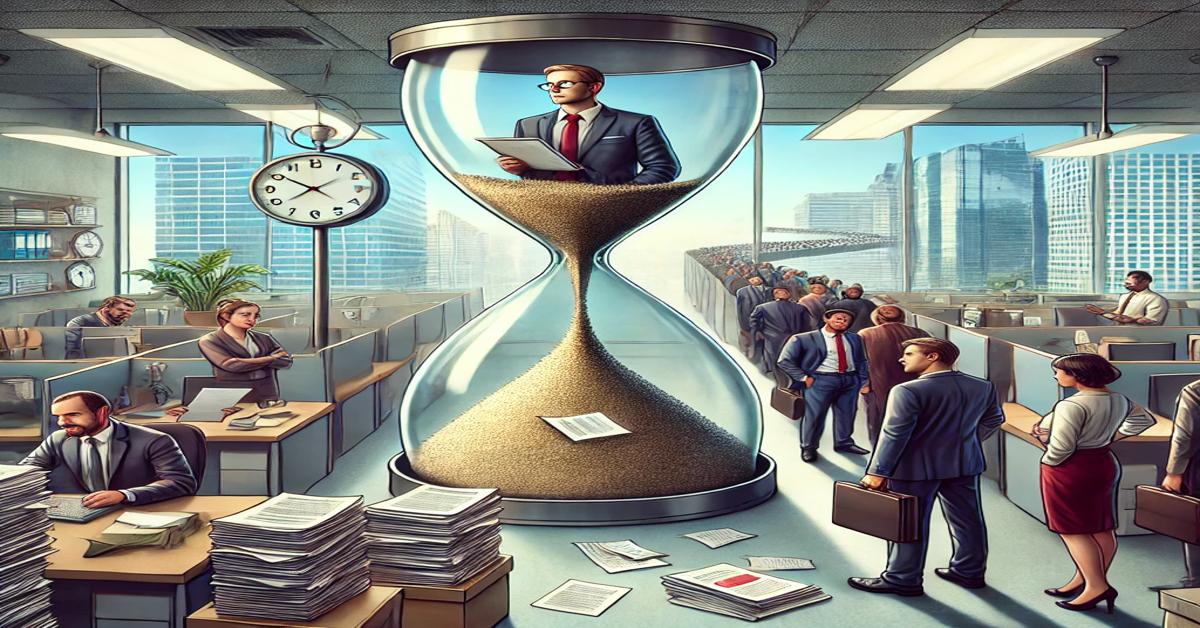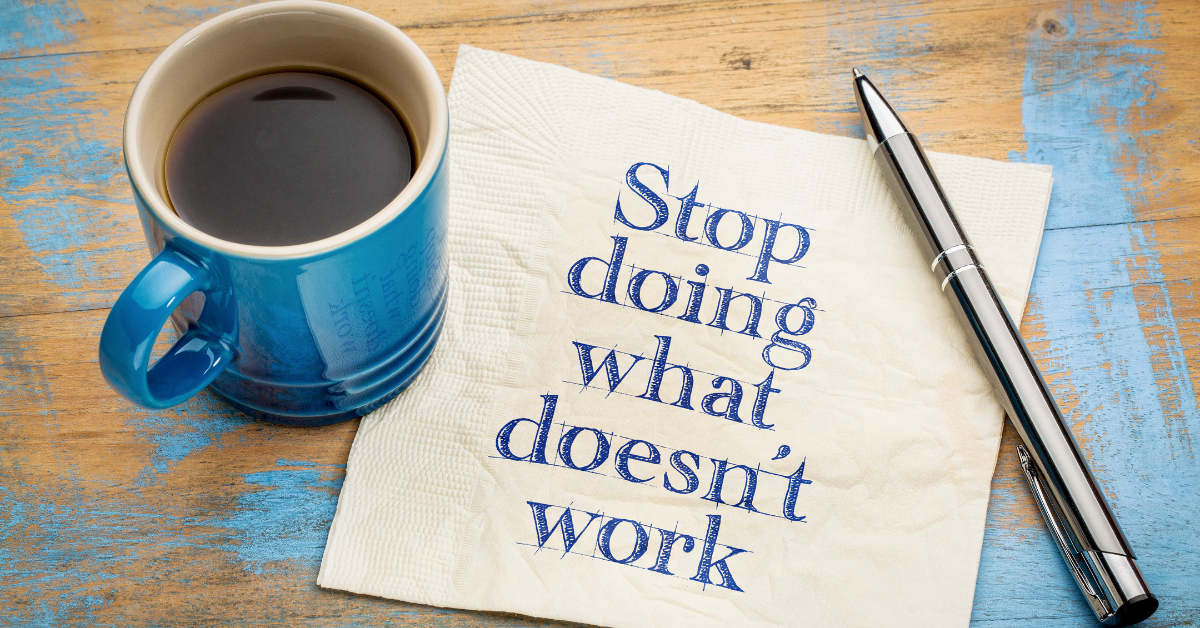We work hard so we can enjoy our free time and look forward to leisure days right? Savoring that earned time should come naturally but for some it can be taxing or stressful.
Studies and research are showing how we view and decide to spend our time can be quite stressful. Seems strange, but some people can feel a large amount of pressure to maximize their downtime. The pressure to have fun could be taking away the enjoyment of leisure time completely.
 In this blog post, we dive into why this mindset of leisure time has changed and the toxicity of hustle culture. We’ll also be sharing some ways individuals can find joy in their leisure time again and what activities make free time pleasant.
In this blog post, we dive into why this mindset of leisure time has changed and the toxicity of hustle culture. We’ll also be sharing some ways individuals can find joy in their leisure time again and what activities make free time pleasant.
Why have we changed the way we view leisure time?
Over the past few years, hustle culture has been shoved in our faces. If we aren’t working, have several side projects on the go, or are constantly learning, it is perceived we aren’t working hard enough. A lack of free time is now seen as a symbol of power. Any time spent on non-work related projects makes us feel guilty.
Studies show those with the most amount of money to spend on leisure activities are the ones who are clocking in the longest hours.
There are some people who struggle to enjoy their leisure time at all. They might perceive that time as invaluable if it doesn’t contribute to their goals.
It is important to take breaks from work to recharge. Taking breaks are helpful to our mental health and work performance.
Due to this mindset and culture, we associate time off with needing to make every hour count. We have internalized that leisure time is a waste. For some people, leisure represents experiences that convey status and usually looks good on social media.
Research has also found that pre-trip anticipation can account for a vacation-goer’s happiness. There is new research that shows, we as people judge future positive events as both farther away and shorter than negative or neutral events. This can lead to a feeling like the holiday or fun event is over, right when it begins.
In order to enjoy your leisure time again, ask yourself what success looks like for you in different aspects of your life. For example, career, family life, social life, etc. Create your ideal lifestyle on what aligns with your beliefs instead of trying to live for social media or societal pressures.
The pressures of hustle culture
Hustle culture is the pressure to perform at maximum capacity everyday. People don’t stop when they are tired or need a break. They stop when they’re done. Along with this comes the facade that we need to be doing what we love at all times.
Team leaders should check in with their employees to ensure they aren’t feeling burnt out. Then they can help their team dial back and focus on what the priorities are.
If you find yourself stuck in the cycle of hustling, here are a few tips to help pull yourself out.
Define what your ideal day looks like
Once you establish your priorities, plan how you can manage to achieve them while taking care of your wellbeing. Only schedule what is mandatory for you to accomplish for work and wellbeing.
Reward yourself in real time
Take mindful breaks throughout your work day. This will help prevent burnout and help you feel more balanced. Reward yourself with practices that build resilience. Create boundaries for yourself.
Work hard but remember to rest
Don’t treat self-care as something that must be earned. Think about it as self-love and compassion. Take mental health days when you feel like you need it. Figure out mindful practices that will allow you to get ahead of stress and worry.
To try and savor your leisure experiences, it is recommended to use mindfulness. Using this practice can broaden your memory foundation which means you will remember the time off much better and feel like it lasts longer.
What are some activities that can help us have fun again?
There is nothing that stops us from trying out a new hobby or class! How we spend our free time is something we can control. Get clear on what is important to you instead of answering everyone else’s needs.
Though it might seem like a small choice, it actually has a large impact on our happiness. Hobbies can improve creativity and relieve stress. They even help leaders and team members perform better in the workplace.
Social hobbies such as art classes, book clubs, or group fitness can make participants significantly happier than solo hobbies.
Going out in nature, gardening, attending museums, and playing instruments are activities with a high happiness and satisfaction rate.
To no one’s surprise, activities that are screen-based have little to no happiness associated with them. They don’t provide the same feelings as real world activities.
Determine which activities you enjoy doing and the ones that are making the biggest impact on your life. Narrow down what makes a difference at your job or personal life.
How much time needs to be spent on these activities?
There is no perfect answer. There’s no one size fits all solution regarding leisure time.
Although it is important to take a moment and think about how much time you spend on these activities.
For example, if you have a goal to read more books, instead of watching a tv show or scrolling through social media before bed, you should use that time to read your book.
Changing what you spend your free time on is easy and it could bring you more joy in the moment. There’s only one way to enjoy leisure time and that is to relax and make some good memories!
We are already so busy day-to-day so why not do something you know you enjoy. Whether it is meditation, exercising, or a hobby. You’ll feel more calm, confident, and resilient to work smarter, not harder. And, It will actually pay off.
How do you spend your leisure time and what activities do you think make it worthwhile? Share your thoughts below.
At NexLevel, we’re experts in building healthy organizations through cohesive teams and engaged employees. We will help you and your employees become the high-performance team you’ve always wanted to be by focusing on collaboration, creativity, culture, and connection.
Ready to get started? Get a snapshot of your company’s overall health.
“Take our FREE Organizational Health Survey”
An interesting article on enjoying free time.




